Optimal Timing for Waterproofing Applications
Waterproofing is a critical process to protect structures from water intrusion, which can lead to damage, mold growth, and structural deterioration. Proper timing of waterproofing applications ensures maximum effectiveness and longevity. The optimal time for waterproofing depends on weather conditions, temperature, and the specific area being treated.
Ideal for waterproofing projects due to moderate temperatures and lower humidity levels, allowing materials to cure properly.
Applying waterproofing during periods of dry weather prevents water exposure during curing, ensuring better adhesion and durability.
Timing waterproofing before rainy seasons provides protection during periods of high water exposure, reducing potential damage.
Waterproofing should be avoided during freezing conditions as materials may not cure properly and could be compromised.
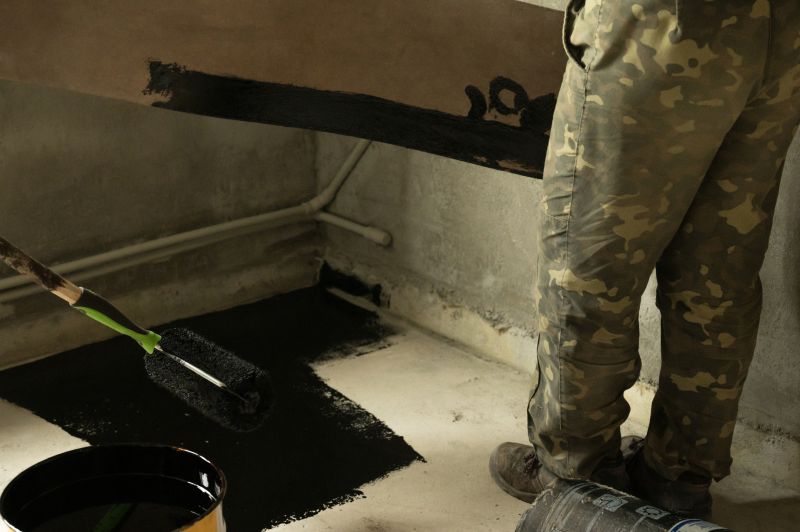
Ways to make Waterproofings work in tight or awkward layouts.
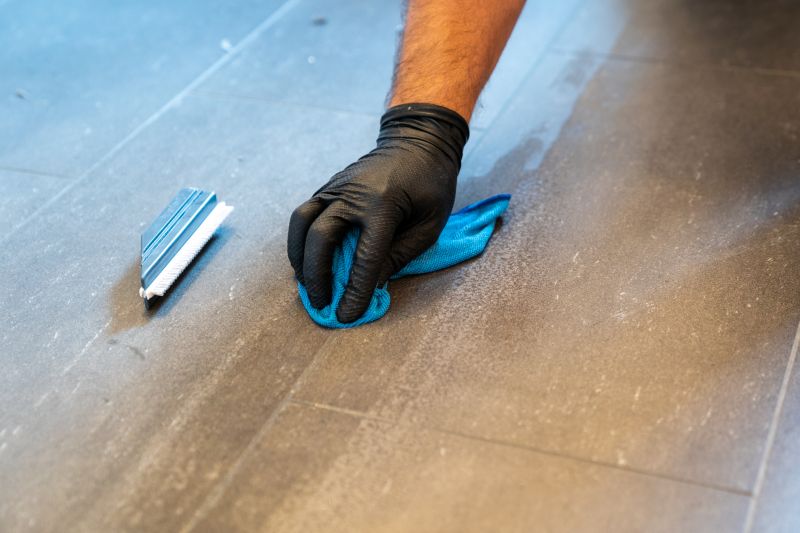
Popular materials for Waterproofings and why they hold up over time.
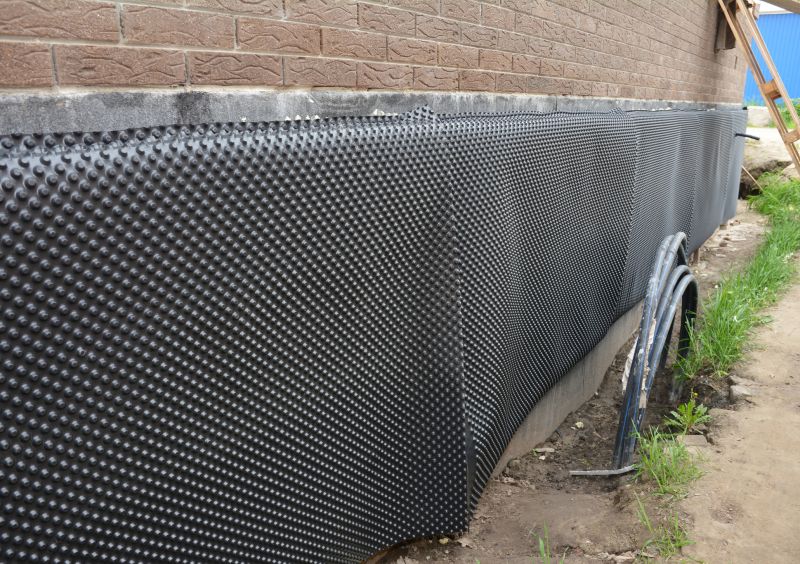
Simple add-ons that improve Waterproofings without blowing the budget.
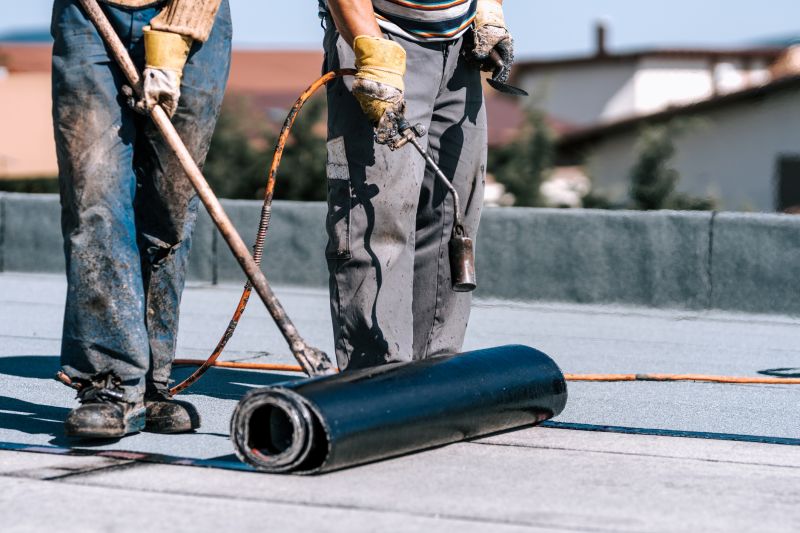
High-end options that actually feel worth it for Waterproofings.
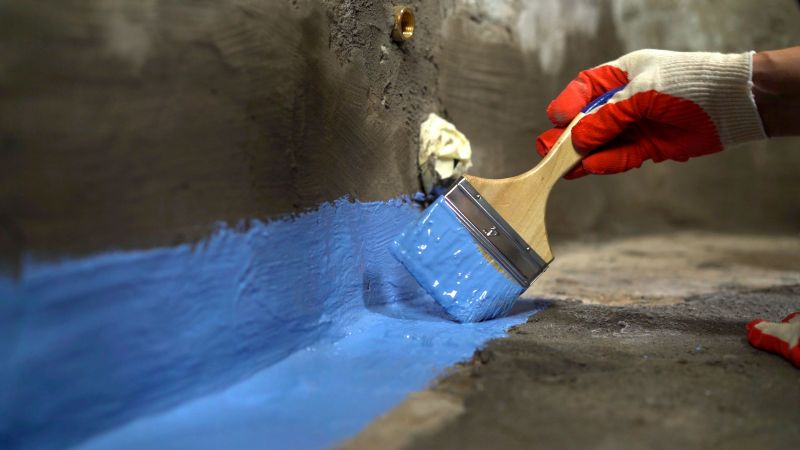
Finishes and colors that play nicely with Waterproofings.
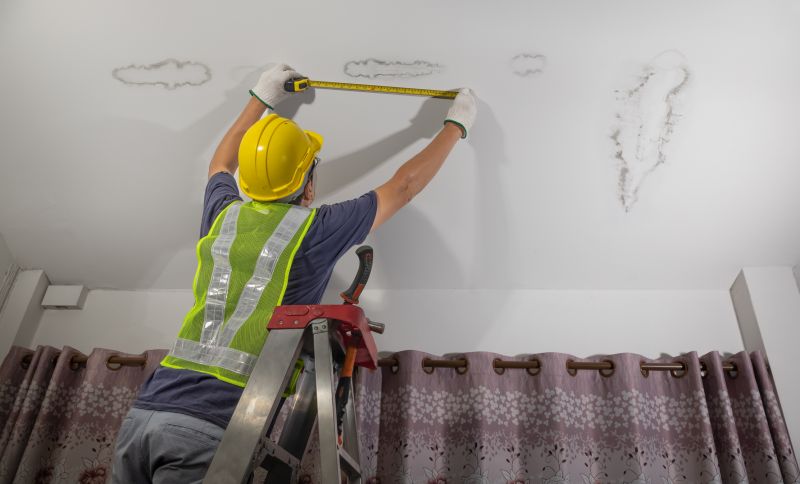
Little measurements that prevent headaches on Waterproofings day.

A 60-second routine that keeps Waterproofings looking new.
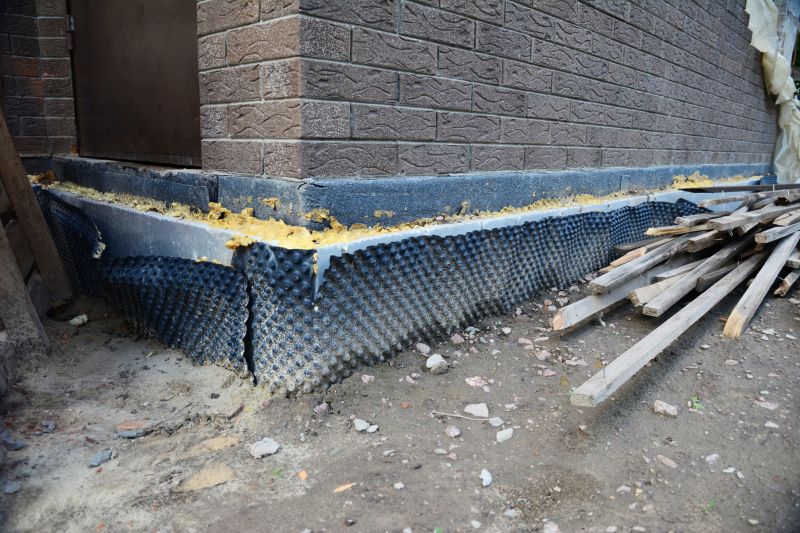
A frequent mistake in Waterproofings and how to dodge it.
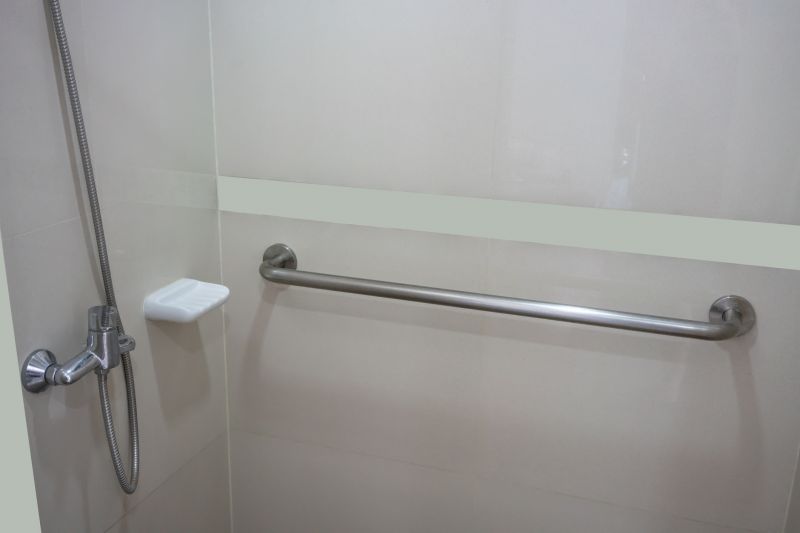
Small tweaks to make Waterproofings safer and easier to use.
| Season | Recommended Timing |
|---|---|
| Spring | Early spring is optimal for initiating waterproofing before heavy rains. |
| Summer | Late spring to early summer offers suitable weather for waterproofing. |
| Fall | Early fall can be effective, provided weather remains dry. |
| Winter | Generally not recommended due to freezing temperatures. |
| Pre-Rainy Season | Applying waterproofing before rainy periods enhances protection. |
| Post-Construction | Immediately after construction or renovations for best results. |
Waterproofing is essential for maintaining the integrity of structures exposed to water. Proper timing ensures materials are applied under optimal conditions, increasing their lifespan and effectiveness. It is important to consider local climate patterns and seasonal weather to select the most suitable period for waterproofing projects.


